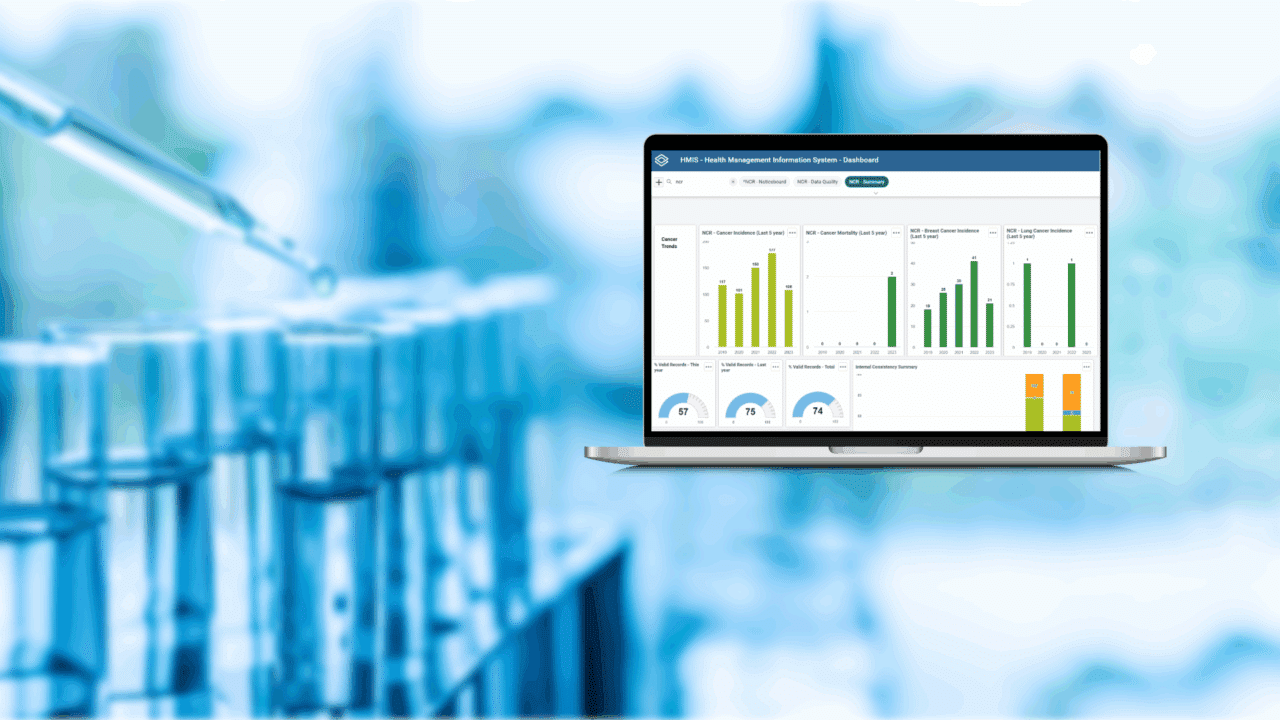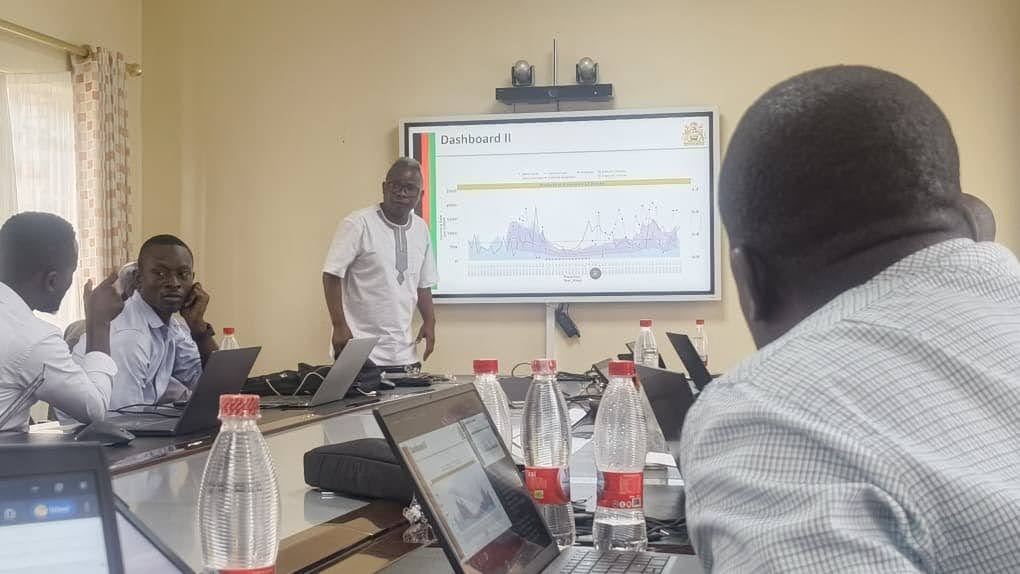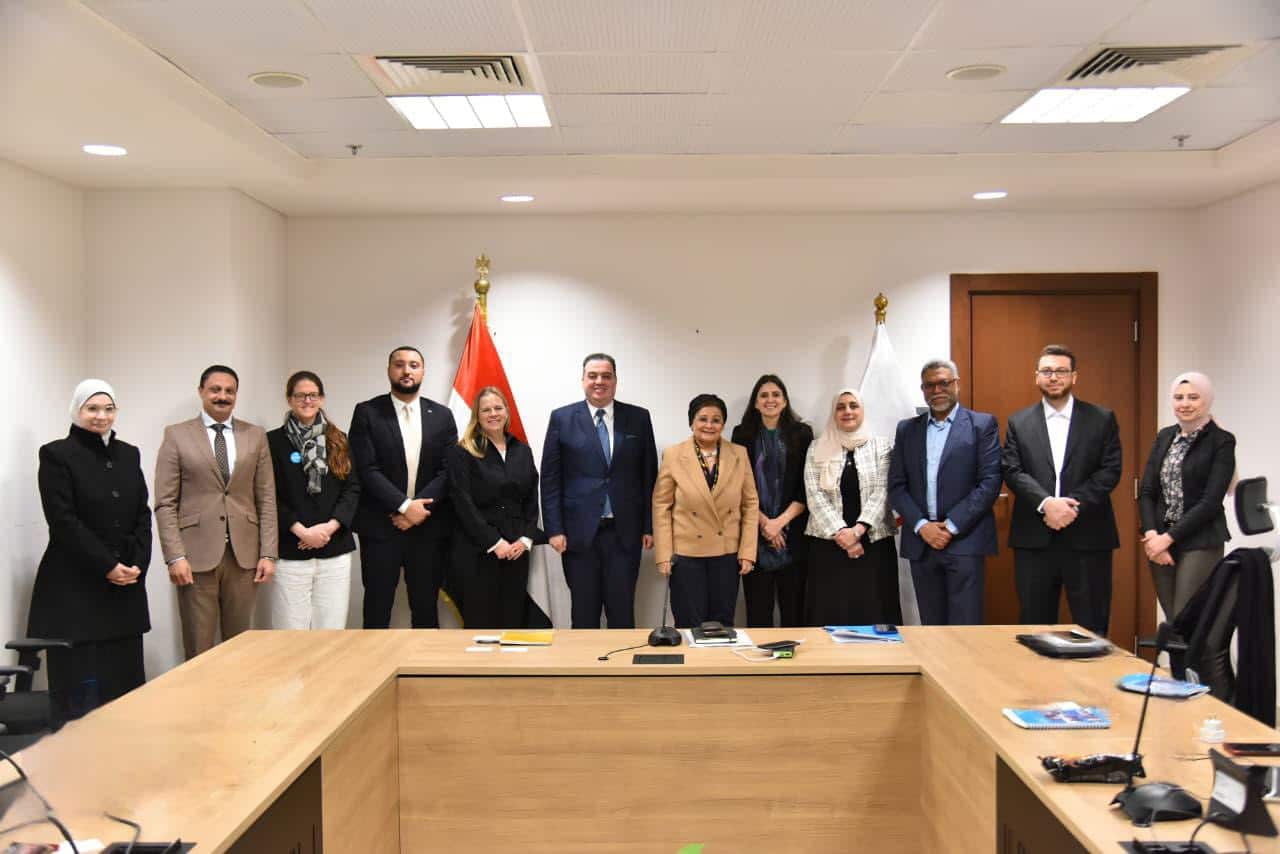The DHIS2 Annual Conference takes place from 15-18 June 2026! Learn more

IARC and HISP Centre collaborate to scale up standardized cancer registries with DHIS2
A new collaboration between the IARC and HISP UiO will support population-based cancer registries and improve the quality and availability of cancer data through interoperable, open-source digital tools.
The International Agency for Research on Cancer (IARC), the specialized cancer research agency of the World Health Organization (WHO), and the HISP Centre at the University of Oslo (HISP UiO) have signed a new agreement to develop and disseminate a standardized DHIS2-based toolkit for cancer registration, supporting countries to strengthen population-based cancer registries and improve the availability and quality of cancer data worldwide.
Building on previous collaborations between IARC and HISP groups under the Global Initiative for Cancer Registry Development (GICR), this new phase of work will create a global DHIS2 configuration aligned with IARC’s CanReg5 software—a standard platform used for cancer registry management in many countries. The DHIS2 toolkit will enable countries to collect, manage, and analyze cancer data within their national health information systems, improving interoperability and ensuring compatibility with international cancer reporting standards.
What this collaboration will deliver
- A standardized DHIS2 cancer registry configuration aligned with the CanReg5 data structure and requirements.
- Structured data export between DHIS2 and CanReg5, allowing seamless transfer and analysis of registry data.
- Documentation and implementation guidance based on best practices and lessons learned from early adopters in Rwanda, Jamaica, Maldives, Chile, Zimbabwe, and other countries.
- Comprehensive toolkit resources, including metadata packages, installation and design guides, and technical documentation for local adaptation.
- Global dissemination and capacity building, including multilingual documentation and public webinars introducing the toolkit and supporting national technical teams.
Why this matters
Cancer is a leading cause of morbidity and mortality worldwide, and effective cancer control depends on reliable, high-quality data. Population-based cancer registries play a critical role in providing evidence to guide policy, allocate resources, and monitor progress. However, many low- and middle-income countries still face challenges in establishing and maintaining these registries.
By integrating cancer registration within DHIS2—a free, open-source platform already used for health information management in more than 100 countries—this collaboration aims to make high-quality cancer data collection more accessible, sustainable, and interoperable across national health systems.
Building on DHIS2 country experience
The project builds on the experience of countries such as Rwanda, Maldives, and Jamaica, which have piloted DHIS2 for cancer registration through collaboration between IARC and regional HISP partner groups. These pilots demonstrated the feasibility of using DHIS2 to capture standardized oncology data while maintaining compatibility with IARC’s CanReg5 framework.
The new global toolkit will consolidate these experiences into a unified DHIS2 package that can be easily adapted by national cancer registries and health information system teams worldwide.
Implementation and next steps
Following the finalization of this agreement, HISP UiO and IARC will collaborate closely to complete the DHIS2 cancer registry toolkit, incorporating lessons learned from pilot countries and aligning with CanReg5 requirements. The resulting configuration, documentation, and training materials will be made publicly available through the DHIS2 Community of Practice and the DHIS2 demo site to support adaptation and scale-up in interested countries.
This collaboration reflects IARC and HISP UiO’s shared commitment to advancing data-driven cancer control and supporting sustainable digital public goods for global health.
Background
The International Agency for Research on Cancer (IARC) is the specialized cancer research agency of the World Health Organization, coordinating international efforts to study the causes of cancer, develop scientific strategies for cancer control, and support the establishment of population-based cancer registries worldwide.
The HISP Centre at the University of Oslo is the global steward of the DHIS2 platform, working with governments, NGOs, and the global HISP network to deliver sustainable, country-owned digital solutions for health data management and analysis.
For media inquiries, please contact comms@dhis2.org.


